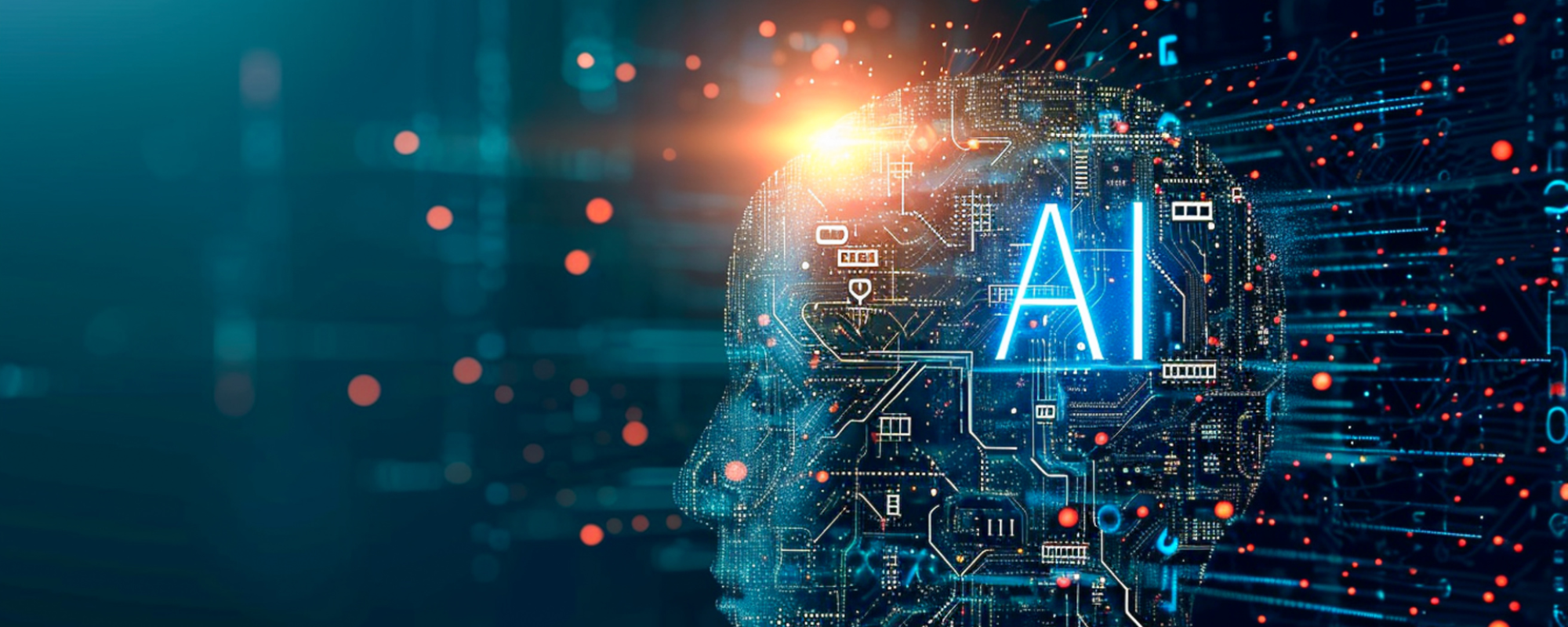Don't Watch the AI Revolution-
Be a Part of It.
Data Science & GenAI Experiential Learning Program
Get IT Job-Ready
in Just 14 Weeks!
Essential Takeaways from the Program
Program Snapshot
140+
Hours of Learning
6+
Industry Projects
1:1
Expert Mentorship


Future-Ready Skills for a Tech-Driven World
Program Description
The AI revolution is here, and Data Science & GenAI are at the forefront of innovation.
Our 3-month Experiential Learning Cohort is designed to equip you with the skills needed to build AI-powered automation, machine learning models, and intelligent systems—all through real-world projects and hands-on learning.
Gain hands-on experience by working on cutting-edge AI projects
Exciting AI Projects To Work On
01.
AI Chatbots
Build ChatGPT-like models for private knowledge bases.
02.
AI-Based LMS
03.
Virtual Telecaller
04.
AI-Based
HR Assist
HR automation.
05.
AI-Based Question Bank Generator
06.
Fintech
Products
Cutting-Edge Curriculum
Stay ahead with a future-ready curriculum designed by AI & Data Science pioneers, now integrated with advanced Generative AI applications.
Industry simulated learning by AI experts from the industry
Curriculum Overview
Software Engineering Basics (2 hours per day)
Topics Covered
- Introduction to Software Engineering in Data Science
- Software Design and Testing
- Data Structures and Algorithms for Data Science
- Introduction to Databases and SQL
- Software Development Practices for Data Science Projects
Python Programming for Data Science (3 days a week) & Math and Statistics (2 days a week)
Python Programming for Data Science (Weeks 2-6)
Topics Covered
- Basic Python Programming
○ Variables, Data Types, Lists, Tuples, Dictionaries, Sets, and Functions
○ Flow Control, Loops, and Conditionals
○ Introduction to libraries: NumPy and Pandas
- Intermediate Python Programming
○ Handling Errors (Try-Except Blocks), File Handling, and Data I/O
- Advanced Python for Data Science
○ Data Manipulation with Pandas and visualization with Matplotlib/Seaborn
- Data Science Libraries and APIs
○ Web Scraping with BeautifulSoup and APIs (requests)
- Python for Machine Learning
○ Basic ML workflows (train-test split, cross-validation, pipelines)
Math and Statistics (Weeks 2-6)
Topics Covered
- Basic Math and Stats
○ Probability Theory, Distributions (Normal, Binomial, etc.), Descriptive Statistics
- Probability and Inferential Statistics
○ Hypothesis Testing, p-values, Confidence Intervals
- Data Analysis and Regression
○ Correlation, Covariance, and Statistical Significance
- Advanced Statistical Methods
○ Time Series Analysis
- Applied Statistics
○ Monte Carlo Simulations and Markov Chains
Week 7: Introduction to EDA and Data Cleaning
Topics Covered
○ Data Transformation (Scaling, Encoding, Imputation)
○ Feature Engineering and Selection
○ Data Wrangling with Pandas and Visualization with Matplotlib, Seaborn
○ Hands-on Project: Cleaning and Preprocessing a Sample Dataset
Week 8: Advanced EDA Techniques
Topics Covered
○ Feature Importance and Dimensionality Reduction (PCA)
○ Data Analysis in Action: Exploring Real-World Data (Hands-on Project)
○ Using Seaborn and Plotly for interactive visualizations
○ Presentation of EDA Findings
Week 9: Introduction to Machine Learning
Topics Covered
○ Supervised Learning Basics: Linear Regression, Logistic Regression
○ Model Evaluation Techniques (Accuracy, Precision, Recall, F1 Score, ROC-AUC)
Week 10: Classification Algorithms
Topics Covered
○ Tuning Hyperparameters, Grid Search, and Random Search
Week 11: Unsupervised Learning
Topics Covered
○ Dimensionality Reduction (PCA, t-SNE)
Week 12: Advanced Machine Learning Techniques
Topics Covered
○ Model Deployment and Monitoring using Flask/Django and Cloud Platforms (AWS, GCP)
Week 13: Introduction to Neural Networks
Topics Covered
○ Building Neural Networks with TensorFlow or PyTorch
Week 14: Convolutional Neural Networks (CNNs)
Topics Covered
○ Hands-on: Building a CNN for Image Classification
Week 15: Recurrent Neural Networks (RNNs) and Transformers
Topics Covered
○ Using Transformers (BERT, GPT models) for Natural Language Processing (NLP)
2 Months Capstone Project
Apply your AI & Data Science skills to build and deploy
a real-world project
>
Phase 1
Data Collection, EDA, Feature Engineering, and
Model Selection
>
Phase 2
Model Optimization, Deep Learning (if applicable), and Deployment

Sam Altman, OpenAI CEO
OpenAI has started rolling out AI agents, which he says will eventually become virtual co-workers of humans.
Gain hands-on experience by working on cutting-edge AI projects
Why Join This Program?
01
Learn While You Work
Gain practical experience by working on real-time projects that challenge your analytical and problem-solving skills.
02
Learn Under Expert Guidance
03
Practical-Driven Training
04
Learn GenAI Tools for Coding & Automation
05
Exclusive Placement Connect
06
Commitment to Growth
Your Journey Starts Here
Who Should Join?
>
Engineering and
Science Graduates
>
Developers looking to upskill with Data Science & GEN AI skills
The Future is for AI Developers
Program Details
01.
Duration
3 Months
Intensive & Hands-On Learning
02.
In-person,
Immersive Training
At Our Campus
03.
Batch Size
